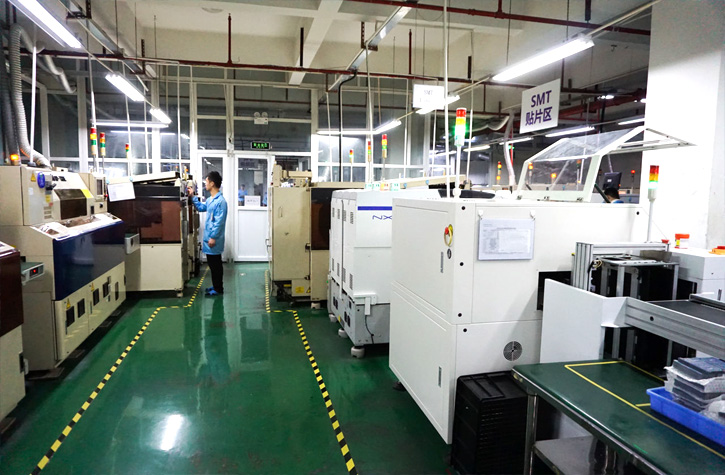With the rapid increase of global demand for chips, including the 7-nanometer fabrication process of TSMC, the foundry leader of wafers, has been fully loaded by the end of the year. Even the 5-nanometer manufacturing process, which is expected to be mass produced in the first quarter of next year, has been favored by major customers, and there is even a scramble for orders.
The supply of 8-inch wafers in Asia is in short supply, and not only TSMC, but also umc, smic, pioneer, huahong and dongfang have all seen their orders soar. The main reason is rising demand for mobile applications such as ultra-thin screens for fingerprint recognition, power management chips and sensor IC. In particular, it is confirmed that the orders received by TSMC have exceeded the total capacity of next year. If the customer does not start decisively first, the capacity can not be allocated basically.
The rapid growth of the 5g-related industry, which had been expected to destock the consumer electronics supply chain, and the better-than-expected sales of apple's iPhone 11 series, have left 8-inch wafer foundry capacity in short supply by the end of the year, making a full year next year more likely.

The report said demand for the overall chip, including ultra-thin on-screen fingerprint identification, 5G mobile phones, PMIC/CIS upgrades and the accelerated beautification process by mainland Chinese companies, has increased, with some downstream manufacturers even bypassing their suppliers and going directly to foundries. This shows that some manufacturers are indeed afraid of not getting the goods. In addition, samsung's own foundries are nearly full, an unprecedented situation, and it is expected to shift some orders to 12-inch makers.
Not only that, the flow of orders to second-tier manufacturers is also significant, and demand will continue to rise next year. That's because fingerprint recognition is likely to be more widely used below the thin screen, and future 5G phones will certainly consume more power, while ultra-thin fingerprint recognition will free up more space for the battery, making it easier to arrange the design. Broadly speaking, the chips used in virtually all 5G phones will require higher processing to manage energy consumption to acceptable levels.
Of course, PMIC will also be the focus. At present, the best relevant manufacturing platform is still TSMC, which is also the main OEM factory of hayes and mediatek. However, under such circumstances, pioneer is expected to win the overflow orders. In addition, the popularity of multiple lenses has led to higher demand for CMOS image sensors and larger chip inches. For example, besides TSMC, there are also smic and dongdong partners of geko microelectronics, but it is believed that there are still 30-40k/WPM capacity gaps to be filled.
It is worth noting, however, that there is a different dynamic in the United States, where some U.S. players are considering selling their fabs while Asian producers with limited capacity are likely to be interested because China's trend of localizing semiconductor supplies is largely irreversible. This means that the scale of Asia wafer foundry will continue to expand in the future.